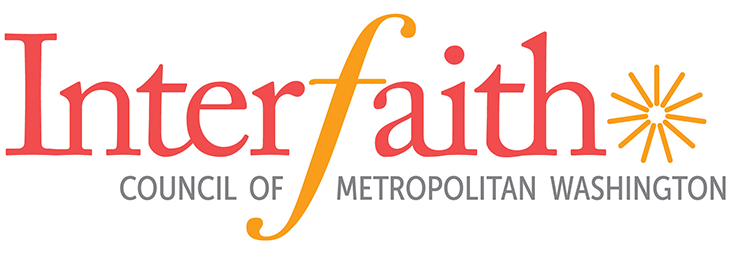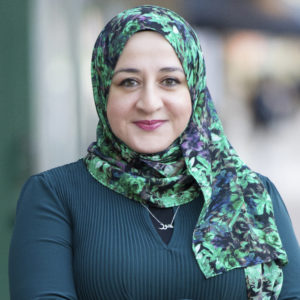By Hurunnessa Fariad
I slept on one of those small child seats on a flight from Pakistan to New York City on Trans World Airlines. It was my first time to fly on a plane but (unfortunately) already my second time seeking refuge in another country while still only five years old. On the plane with me were two of my sisters and two of my brothers, all still minors. I remember landing at JFK airport in Queens, NYC and parking in front of our new home, in a building on Franklin Ave in Flushing.
One month later, it was September and I had to start Kindergarten. By the time December rolled around, I was a five year old, fluent in 3 languages. I had major separation anxiety if I was separated from my second oldest sister, Nooria. Nooria took on the role of a mother after my mom passed away in Pakistan. As a five year old, I didn’t know how to process both the loss of my mother and then moving to another [very unfamiliar] country.
As a child I was quite loquacious, which helped me make friends easily and I was often picked to make announcements at school. Even when I was alone, I would regularly have conversations, but rather than talking to myself, these specific conversations were with Allah(swt). They were all about how I felt in the moment as a small child. They were about school, my father, my siblings, the “why me, Allah” and mostly, “I wish my mother was here with me.”
Talking to Allah(swt) was always comforting. It gave me the opportunity to connect with the only entity I knew to be in control. As I grew older my conversations with Allah(swt) continued. I watched my father become weaker and weaker by the year, and yet I was comforted by my conversations with Allah(swt). As I struggled to navigate through life without my mother, or as I watched my siblings struggle to speak English, I was comforted by these conversations with Allah(swt).
Now, as a single mother of 4 daughters, my conversations with Allah(swt) still comfort me. When I am marginalized because I am a woman, I am comforted by my conversations with Allah(swt). I remind myself that Allah(swt) has withheld something from me because it was not good for me and that He will replace it with something better. When I start to doubt myself as a parent, I am comforted by my conversations with Allah(swt). When I do my multi-faith work, I am comforted by my conversations with Allah(swt). When I am dealing with people of another faith, I am comforted by my conversations with Allah(swt) knowing that I am doing God’s work as I help others live out their faith.
The only consistent thing in my life has been my conversations with Allah(swt). My faith in Allah(swt) has been my foundation, helping me make it through rough days but also helping me acknowledge the gratitude I feel each day. Allah(swt) inspired me to start my conversations with Him at a young age because of all the trials I would be facing in my life.
Although I have never received a verbal reply from Allah(swt), He responds to me through the opportunities and people He sends as conduits into my life!
Hurunnessa Fariad is Director of Outreach at Multi-faith Neighbors Network (MFNN). She is responsible for building relationships outside of the organization to more effectively reach the goals of MFNN. This includes working with clerics in their cities to better equip them to lead in their city and communicate with local partners and helping mobilize women in our programs. She has overseen the Multifaith efforts at the ADAMS Center and is an active member of D.C. Muslim Jewish Advisory Council and Peace Catalyst International. Ms. Fariad serves as the Secretary of the Board of Directors at Virginia Interfaith Center for Public Policy, Leadership Circle Advisor for the One America Movement, Muslim Member for Fairfax County’s Interfaith & Equity Committee, Muslim Member of The Fairfax County Public School Religious Observances Task Force and member of the TSA Multicultural Coalition. Ms. Fariad is the founder and Music Director of America’s first Mosque Youth Choir, The ADAMS BEAT, which is actively involved in multifaith and advocacy work.

